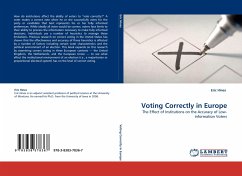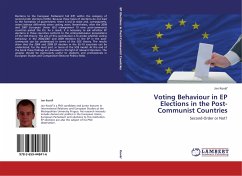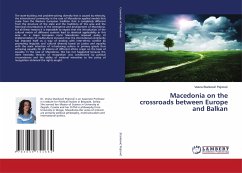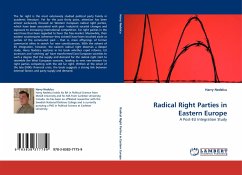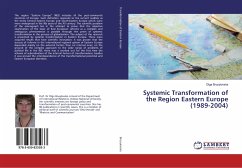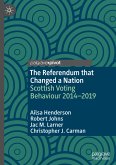How do institutions affect the ability of voters to vote correctly? A voter makes a correct vote when he or she successfully votes for the party or candidate that best represents his or her fully informed preferences. While ideally all votes would be correct, voters face limits to their ability to process the information necessary to make fully informed decisions. Individuals use a number of heuristics to manage these limitations. Previous research on correct voting in the United States has shown that the effectiveness and accuracy of these heuristics is affected by a number of factors including certain voter characteristics and the political environment of an election. This book expands on this research by examining correct voting in three European contexts the United Kingdom, the Netherlands, and the European Union to see what effect the institutional environment of an election (i.e., a majoritarian or proportional electoral system) has on the level of correct voting.
Bitte wählen Sie Ihr Anliegen aus.
Rechnungen
Retourenschein anfordern
Bestellstatus
Storno

